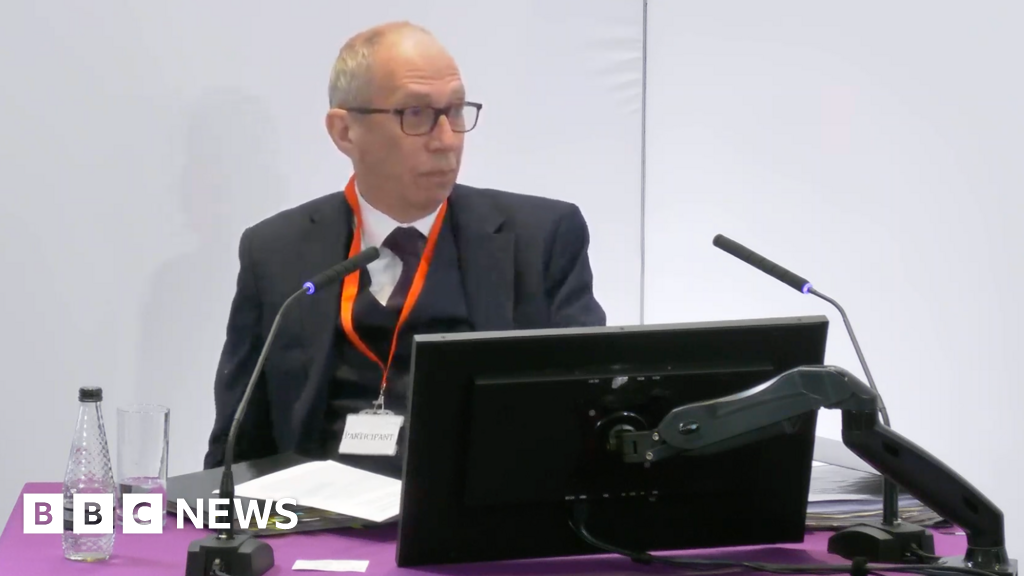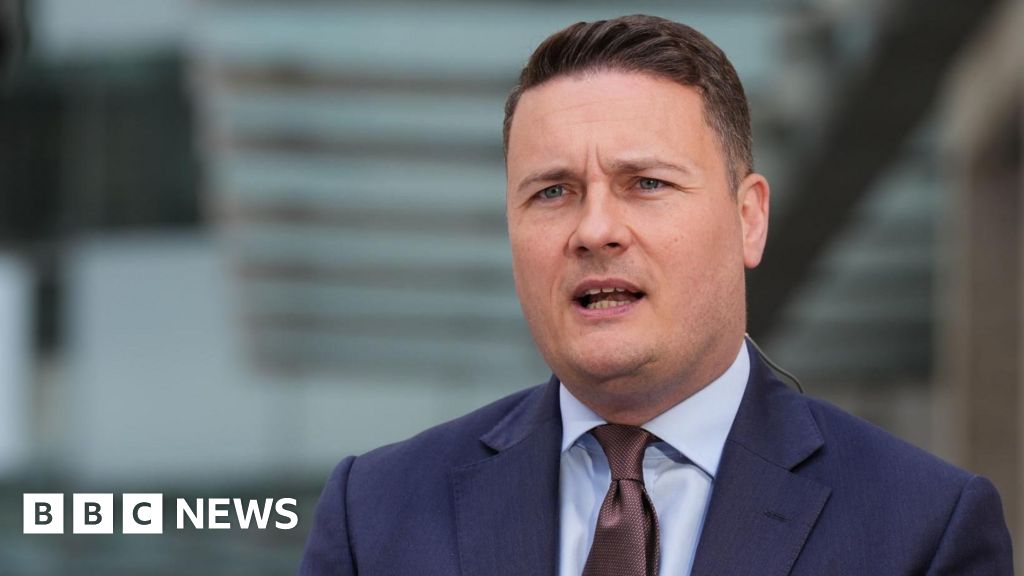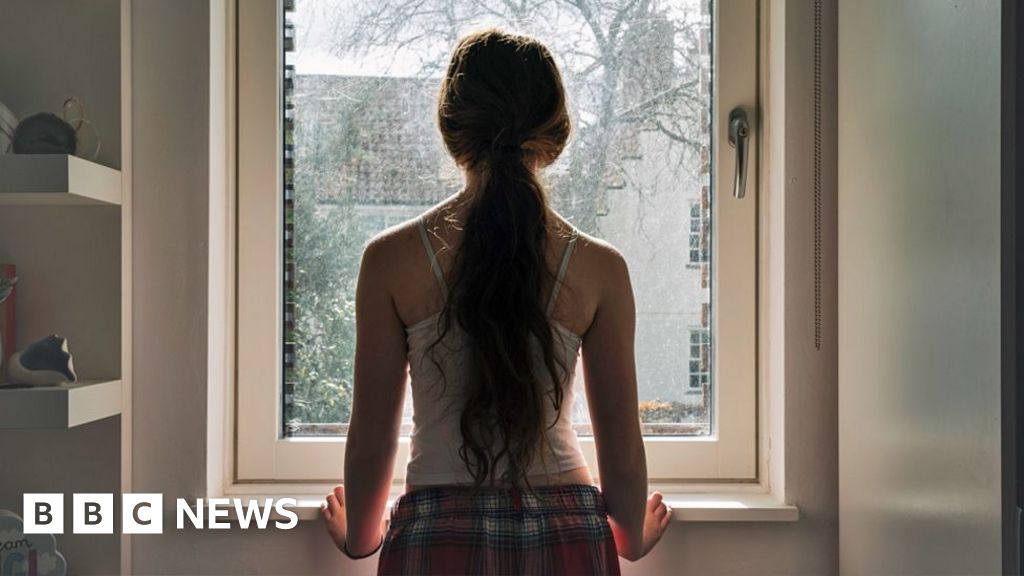ARTICLE AD BOX
Image source, Getty Images
Image caption,Scots are still being asked to do a lateral flow test before meeting up with people from other households
The Scottish Conservatives have called for the country's Covid-19 contact tracing system to be wound up.
The Tories said Test and Protect had been "incredibly useful" in the early stages of the pandemic, but had become "increasingly redundant" of late.
They want it replaced with a much cheaper sampling system, with remaining funds redistributed around the NHS.
But Nicola Sturgeon has said testing is "one of the protections we are likely to ask people to follow for longest".
The first minister told MSPs that regular use of lateral flow tests was "such an important way of breaking chains of transmission".
Scottish Labour has also backed continued use of testing and contact tracing, with extra capacity built into the system.
The Scottish government has committed funding to keep Test and Protect in place until September, and wants lateral flow tests to continue to be available free of charge.
Scots are still encouraged to take a test before meeting up with people from other households, but ministers are drawing up longer-term plans for how to "live with the virus" in a less restrictive way.
The Scottish Conservatives have advocated a "more targeted" approach to the pandemic, with emphasis on protecting the most vulnerable while "trusting the public" with other measures.
The party has called for mass contact tracing to be phased out and replaced with "representative sampling" to keep track of infection levels in the community.
The Tories claimed the performance of the system "declined rapidly" during the Omicron outbreak, with many people still only being contacted by text message.
Image source, Getty Images
Image caption,Contact tracers had to prioritise high-risk cases when case numbers hit peak levels
Health spokesman Dr Sandesh Gulhane said Test and Protect had been "incredibly useful in the earlier stages of the pandemic", but said it "has become increasingly redundant in recent months".
He added: "We are nearing the point where Test and Protect is no longer an effective use of scarce NHS resources. As we start to move beyond the pandemic, our approach must adapt to fit the new situation."
First Minister Nicola Sturgeon - who will update MSPs on the latest data and plans on Tuesday afternoon - has previously said testing is likely to remain in place for some time.
The government is drawing up a new "strategic framework", to be published after Holyrood's February recess, which will detail how the virus will be managed in the remaining phases of the pandemic.
Ms Sturgeon said: "How long testing might be required is a difficult question to answer, right now. It is one of the things that we will consider on an ongoing basis - our up-to-date understanding will be included in our updated strategic framework.
"My view is that it is one of the protections that we are likely to ask people to follow for longest, because it is such an important way of breaking chains of transmission."
'Crucial building block'
Ms Sturgeon also said talks were ongoing with the UK government about procurement of tests, stressing that "they should continue to be provided to the public free of charge".
National clinical director Jason Leitch has referred to contact tracing as "a crucial building block of our baseline" measures to control the virus, saying it, along with vaccination, is "what we're going to be left with post-Omicron".
Scottish Labour has also backed Test and Protect, while criticising how it has performed in recent months.
In its own "living well with Covid" blueprint, the party said the testing and tracing system had too often been "beset by shortages, slow turnarounds or been overwhelmed by the volume of cases".
However, Labour said Test and Protect could be used to support a safe return to normal life, calling for surge capacity built in so it can "keep pace with infections, monitor the spread, and notify close contacts within the recommended 72 hours".

 3 years ago
32
3 years ago
32








 English (US) ·
English (US) ·